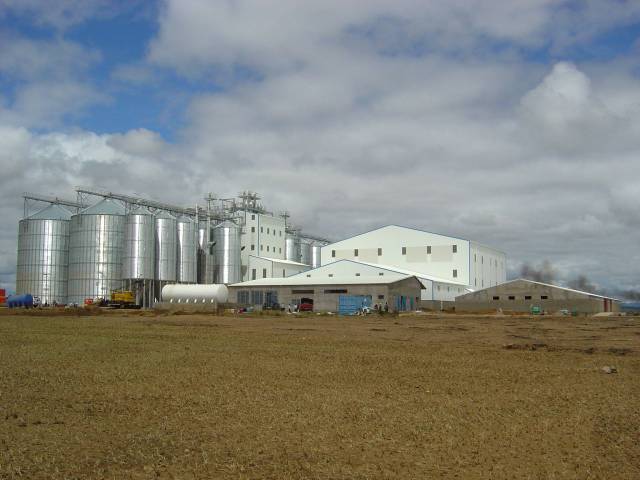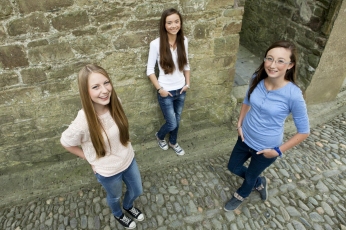 What did you spend your free time doing when you were a teenager? Most of us can’t say we were dedicating ourselves to solving some of the world’s greatest challenges, but that’s just what Ciara Judge, Émer Hickey and Sophie Healy-Thow – all 17 years old – set out to do when they entered the 2014 Google Science Fair with a cutting-edge approach to tackling global hunger through better agricultural productivity.
What did you spend your free time doing when you were a teenager? Most of us can’t say we were dedicating ourselves to solving some of the world’s greatest challenges, but that’s just what Ciara Judge, Émer Hickey and Sophie Healy-Thow – all 17 years old – set out to do when they entered the 2014 Google Science Fair with a cutting-edge approach to tackling global hunger through better agricultural productivity.
Their project, which won the grand prize among a field of 18 finalists, found that a naturally occurring strain of bacteria can prevent seeds from rotting in the soil before they have a chance to grow, a problem that is particularly prevalent in damp climates. In their experiment, seeds treated with the bacteria germinated about 50 percent faster, resulting in a 74 percent increase in cereal crop yields.


 Are you interested in joining the 2015 Global Landscapes Forum?
Are you interested in joining the 2015 Global Landscapes Forum?  Lower
Lower 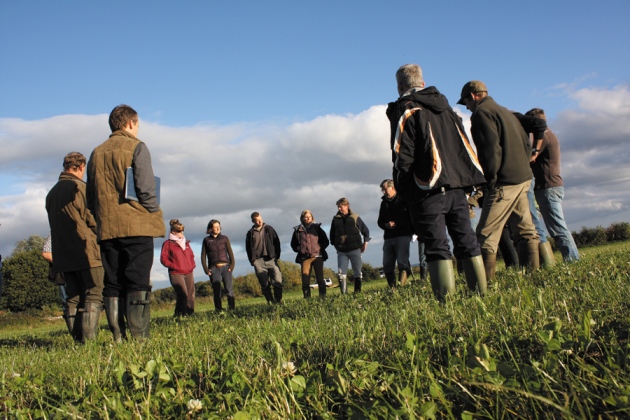 Climate change threatens a creaking food system in which harvests are already lagging behind rising demand
Climate change threatens a creaking food system in which harvests are already lagging behind rising demand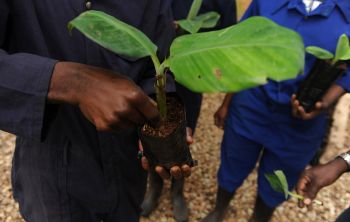 The CGIAR’s Strategy and Results Framework (SRF) is an important document for all of us involved with, and committed to, sustainable agricultural development. CGIAR, in developing this framework for its next decade of research, is working through GFAR to reach out to all the Global Forum’s stakeholders, to ensure that the new SRF is robust and reflects the
The CGIAR’s Strategy and Results Framework (SRF) is an important document for all of us involved with, and committed to, sustainable agricultural development. CGIAR, in developing this framework for its next decade of research, is working through GFAR to reach out to all the Global Forum’s stakeholders, to ensure that the new SRF is robust and reflects the 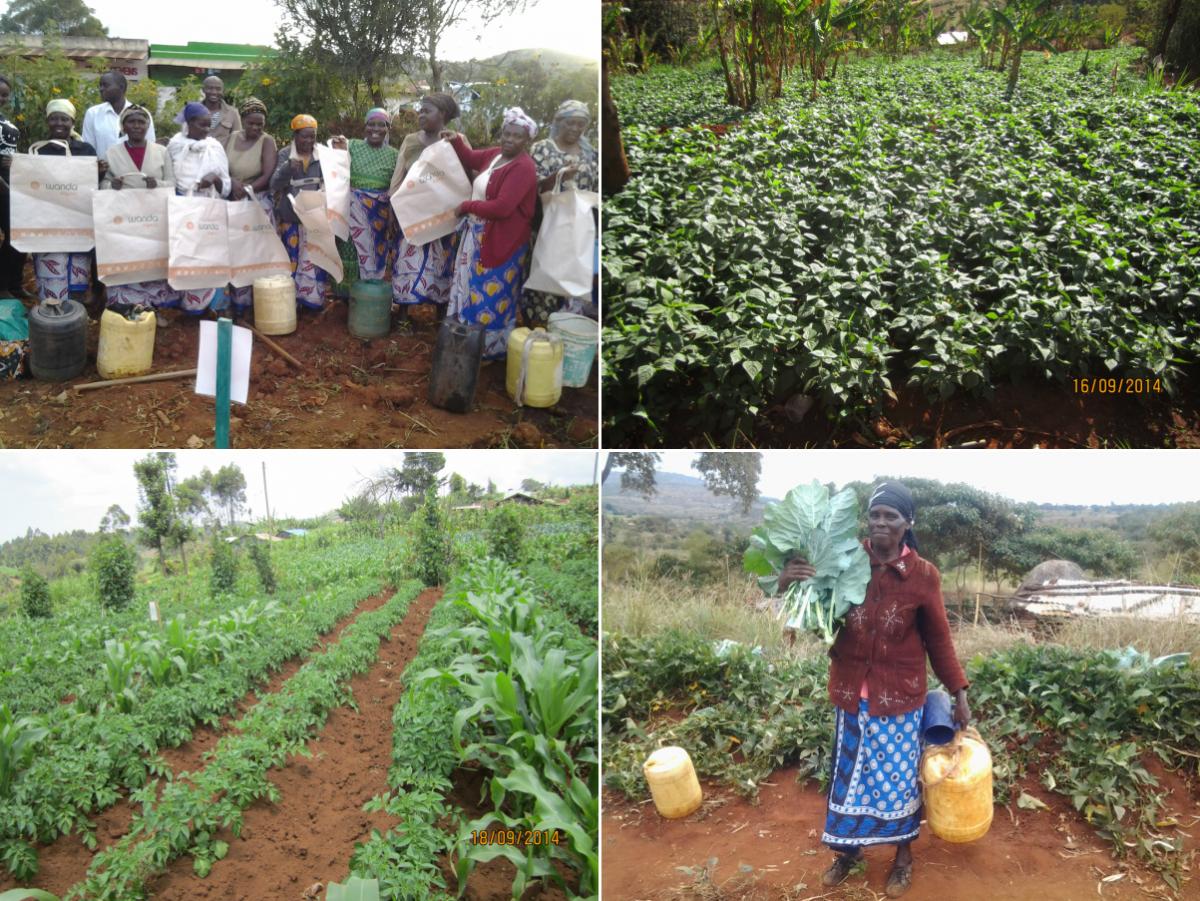 Wanda Organic founder-director Marion Moon, a visionary young Kenyan entrepreneur, sees a peaceful and prosperous Africa, in which our resources are managed sustainably for the benefit of all people and the secure future of our planet. She recognizes real opportunity in the challenges presented by issues of global food security, climate change, and population growth.
Wanda Organic founder-director Marion Moon, a visionary young Kenyan entrepreneur, sees a peaceful and prosperous Africa, in which our resources are managed sustainably for the benefit of all people and the secure future of our planet. She recognizes real opportunity in the challenges presented by issues of global food security, climate change, and population growth. Dear YPARD members,
Dear YPARD members,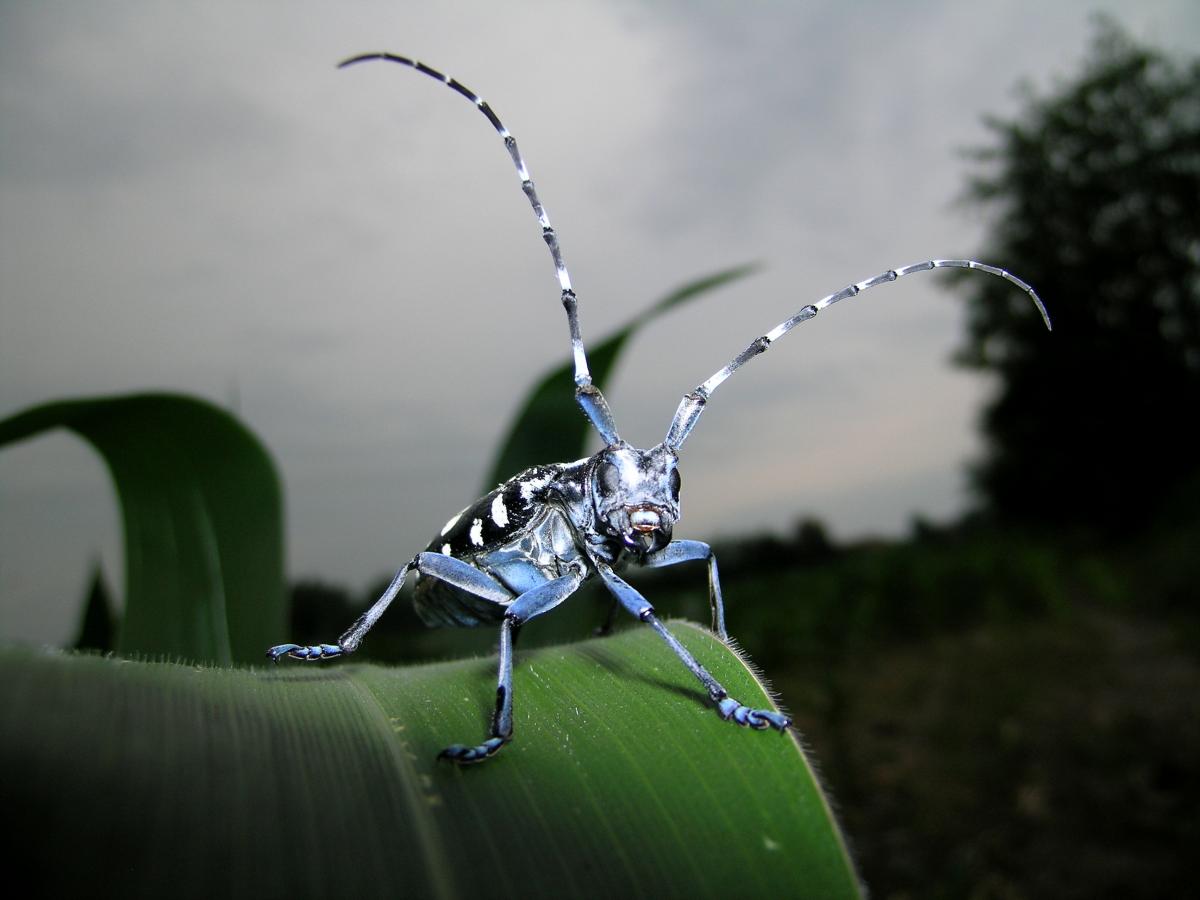 Food security and the environment are threatened by pests moving in trade creating unprecedented impacts. For instance,
Food security and the environment are threatened by pests moving in trade creating unprecedented impacts. For instance, 